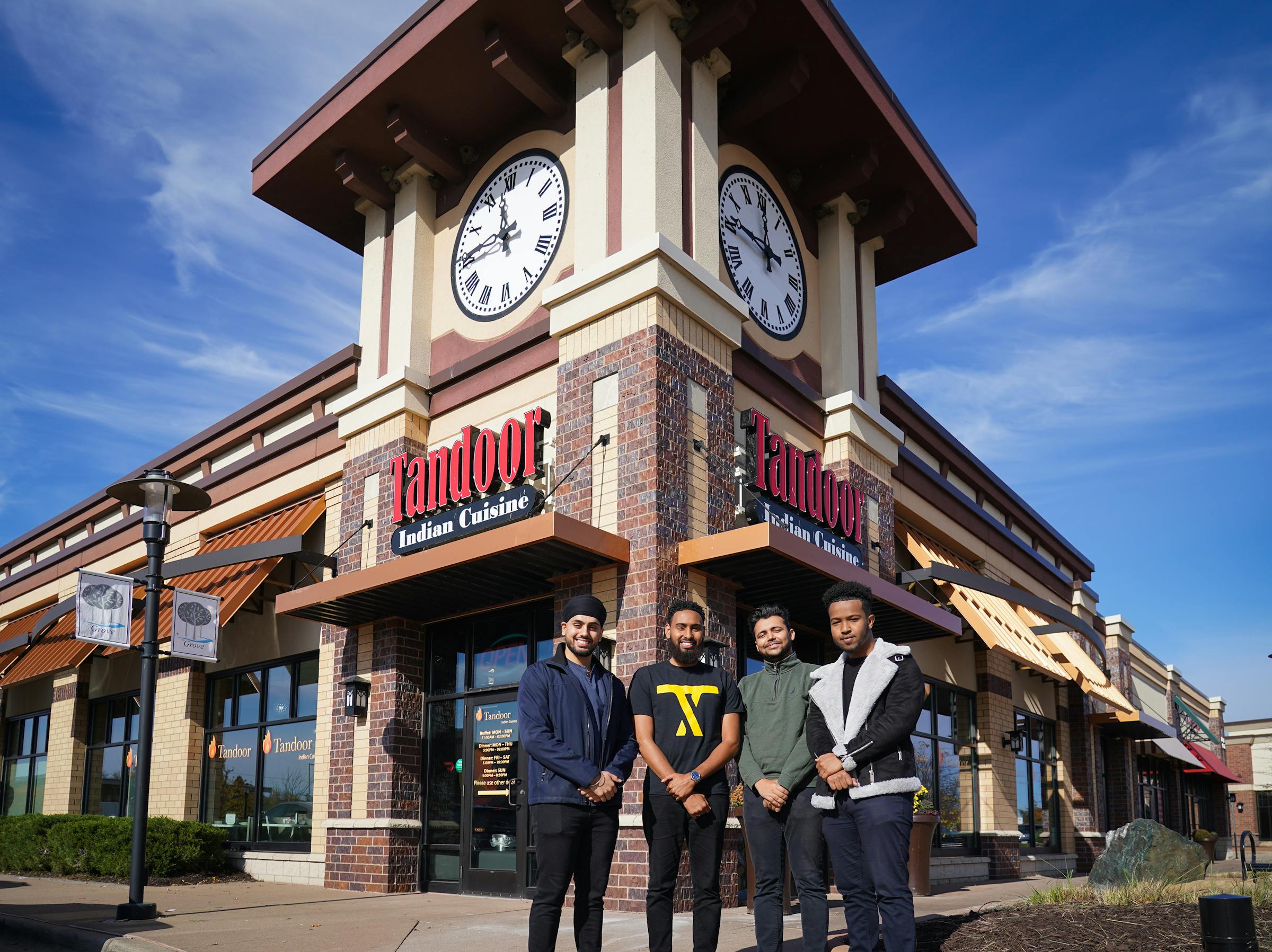When Taranvir Johal and his friends launched their dining-made-easy app, Tavolo, in late 2019, Twin Cities restaurant owners and managers were hesitant to use it.
The app streamlines the dining process, Johal said, allowing people to make dinner reservations, look through menus, order food for pick-up or dining in, and pay, all in the same platform.
"You don't have to wait to sit down, you don't have to wait to look at the menu, and you don't have to wait for a check," he said. "You have control of everything at your fingertips at the restaurant."
But when restaurants transitioned back to in-person dining after pandemic restrictions loosened, they were looking for resources to help get customers back through the door, Johal said.
Now, over 50 restaurants in Minnesota and Wisconsin are on the app, including Tandoor Indian Cuisine in Maple Grove.
"The restaurant industry had been historically pretty generic when it comes to talking to customers, especially small business owners," Johal said. "Leveraging technology to improve the experience has been a slow aspect of the evolution of the restaurant industry as a whole."
The restaurants are among a growing number of small businesses learning that technology can be crucial to meeting business goals, especially now that there is a worker shortage.

Shari L. Gross, Star Tribune
Tavolo founders — Taranvir Johal, Salman Elmi, Ahnaf Prio and Abdi Hassan — posed together at Tandoor Indian Cuisine in Maple Grove, a client using the app.
Brian McDonald, district director of the Small Business Administration's Minnesota office, said small business owners across Minnesota have adopted tech more widely during the pandemic. The apps and software help with operations, online sales, digital marketing, communicating with clients and more.
Business increased over the last 18 months for Denamico, which helps companies customize their websites and revenue operations on management software Hubspot, said Kristin Dennewill, co-founder and president. The consulting firm helps about 50 companies a year, mostly in Minnesota, in various industries including manufacturing and health care.
Facing labor shortages, clients also needed assistance implementing automation technology to maintain production, she said.
"There's a growing realization that revenue operations can be your competitive advantage, but to do that, you need to have [online] systems that are integrated," she said. "You have to be able to get the data you need for better decision making, ultimately creating a better employee experience and customer experience. It's hard to be competitive in today's world if you're not doing these things well."

Provided
Founder Dionne Gumbs created the GenEqty app to show small businesses in real time their inventory, cash flow, invoicing and supplier payment tracking.
The SBA's McDonald has particularly seen spiking interest in business owners learning how to use applications to improve their financial management. According to a study by U.S. Bank, at least 82% of small businesses fail because of poor cash management.
Dionne Gumbs, a former financial adviser, is the creator of GenEqty, a financial management web application for small business owners. Knowing most small business owners can't afford to hire a full-time chief financial officer or accountant, she created the app to show small business owners in real time their inventory, cash flow, invoicing and supplier payment tracking to help them make better financial decisions.
By aggregating data from sales and bank accounts, GenEqty produces a health score, like a credit score but for a business, Gumbs said.
The plan is to license the software to banks, which would then offer it to their customers, Gumbs said. She is building a pipeline of national and local financial partners that would use the software, which will be launched first in the Twin Cities.
"We're not trying to replace accountants," Gumbs said. "We're trying to help small businesses not fall through the cracks."


